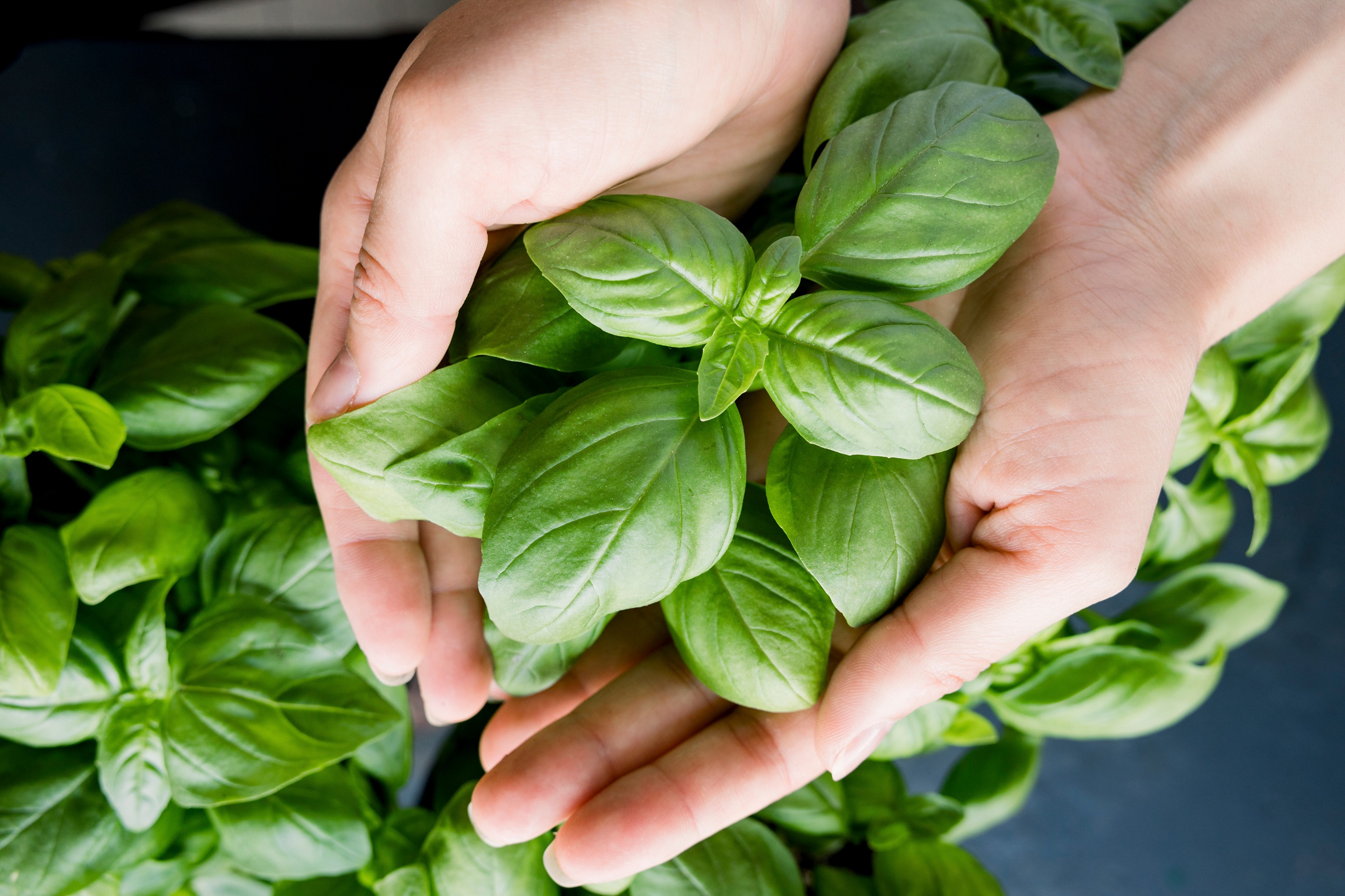
In this article, we discuss the “Investigating the Effect of Melissa Officinalis on After-Pains: A Randomized Single-Blind Clinical Trial”
Plant name and species
Lemon balm (Melissa officinalis)
Aim of study
This study compares the effects of mefenamic acid versus lemon balm for post-partum pain, as there is a high occurrence of pharmaceutical analgesic side effects both on the mothers and babies.
Study method
This was a single-blind clinical trial conducted on women with moderate to severe after birth pain. The participants were split into two groups randomly both consisting of 55 people. One group received 250mg of mefenamic acid and the second group received 395mg of lemon balm capsules. The medicines were administered every 6 hours for 24 hours after birth.
The after pain was assessed using a 10-point scale before intervention. Then they were recorded every 1, 2, and 3 hours after the first intervention and every 6 hours to 24 hours after delivery for each of the second, third and fourth interventions. Data was then statistically analysed.
Herbal preparation
A dried ethanolic extract of lemon balm was made into capsules.
Sample size
110 women
Results of study
The levels of pain were not significantly different between either group during the first and second hours after the initial intervention, however in the third hour there was a difference. After the second administration of medicine there continued to be a significant difference between the two groups, as there was after the third and fourth interventions. Lemon balm was shown to be more effective than mefenamic acid.
Discussion
The main components of lemon balm which are analgesic include caryophyllene, ocimene, citronellal and rosmarinic acid. Other ways lemon balm could work are by its spasmolytic (spasm reducing) and antioxidant properties. Antioxidants can stop the formation of inflammatory prostaglandins by blocking enzymes such as lipoxygenase and cyclooxygenase, preventing the oxidation of unsaturated fatty acids such as arachidonic acid. This all leads to reduced pain levels.
Conclusion
The results indicate that lemon balm can help alleviate post-partum pains, even more so than mefenamic acid. It is safe and effective with negligible side effects.
















